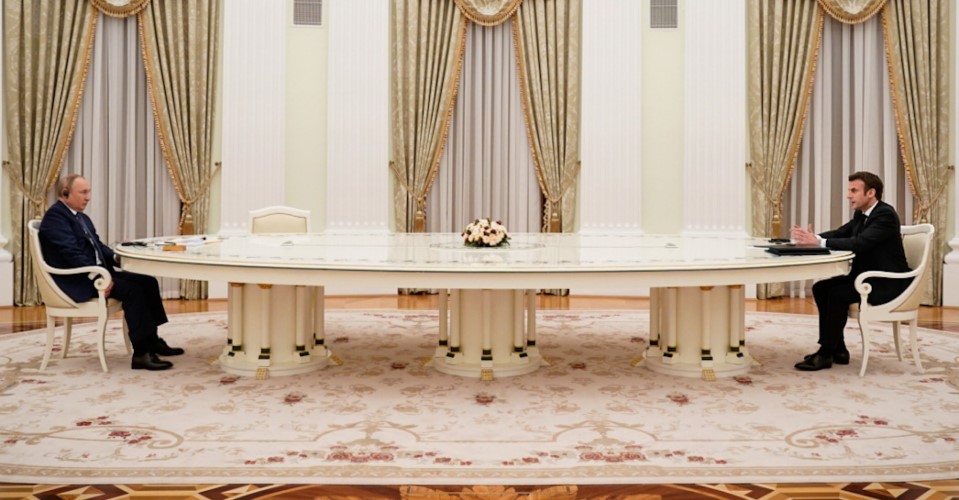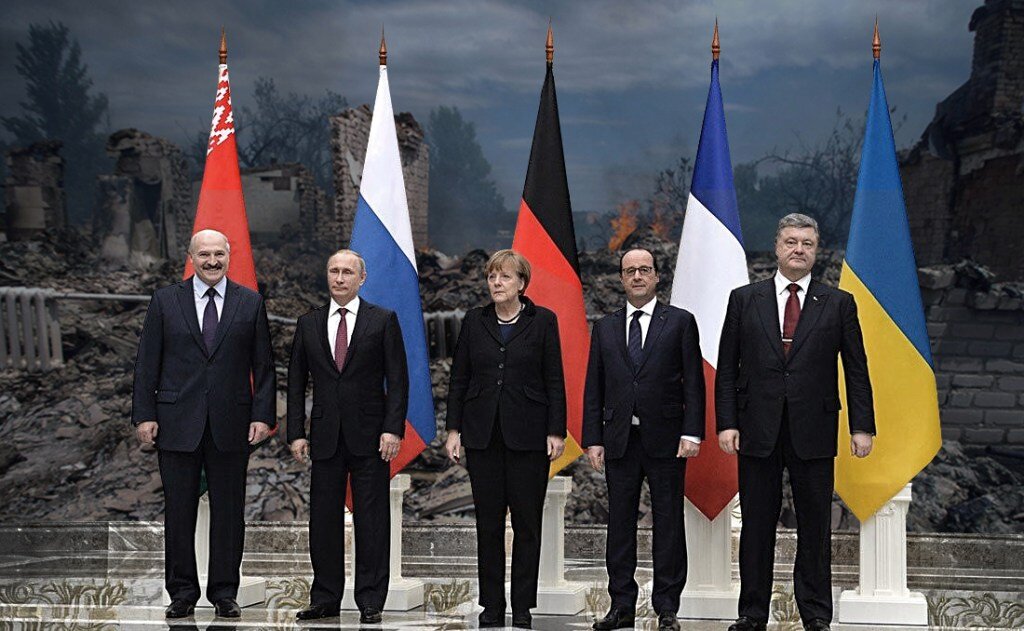The Friday’s POW exchange between Russia and Ukraine that brought 390 Ukrainian prisoners of war home is undoubtedly a moment of profound relief for the families involved. Every Ukrainian freed from Russian captivity represents a life saved from torture and humiliation, and their return deserves celebration.
But we must not allow this humanitarian victory to obscure a harsh strategic reality: prisoner exchanges are not harbingers of peace. They are, in fact, one of Russia’s most effective delaying tactics in negotiations.
For eight long years during the Minsk process, we witnessed this exact pattern play out. Periodic prisoner releases created moments of false hope, giving the impression that Russia was acting in good faith while negotiations continued.
Yet throughout this entire period, Russian demands, voiced through its proxies, only escalated. No matter what concessions Ukraine made, Moscow’s proxies demanded more. No matter how many prisoners were exchanged, ceasefires never materialized.
Instead, Russia consolidated control over occupied territories while the so-called Luhansk and Donetsk “People’s Republics” made unfounded claims on areas under Ukrainian control.
This is not coincidence—it is strategy.
Russia has perfected the art of using humanitarian gestures to maintain the illusion of productive dialogue while steadily advancing its territorial and political objectives. These tactical concessions serve to string along negotiating partners, buying time to strengthen positions on the ground while international attention and patience wavers.
The current situation presents both familiar patterns and dangerous new variables.
Some European leaders, particularly the French President Emmanuel Macron, have experienced Russian negotiating tactics firsthand during Minsk and in the runup to the full-scale invasion. Macron has seen how Moscow uses seemingly positive developments to mask continued aggression.

Consequently, the position of Ukraine’s European partners is that pressure has to be applied to Russia to achieve peace through strength.
However, the United States now has leadership that lacks this crucial experience with Russian deception.
The current administration’s expressed interest in deal-making with Russia, combined with unfamiliarity with these well-established patterns, creates significant risks. History shows us that Russia excels at exploiting negotiating partners who prioritize the appearance of progress over substantive outcomes.
The danger lies not just in misreading Russian intentions, but in the broader signal that successful manipulation sends to Moscow.
When prisoner exchanges and other tactical concessions are treated as signs of genuine progress rather than strategic maneuvering, it encourages Russia to continue this approach. It validates a playbook that has allowed Russia to steadily advance its objectives while maintaining plausible deniability about its ultimate goals.
This does not mean prisoner exchanges should be avoided—the humanitarian imperative to secure the release of captives is clear and morally necessary. Given the stories of fatal cruelty, like the one of Ukrainian journalist Victoriia Roshchyna, not a single Ukrainian, civilian or military, should be left in Russian custody.

Forbidden stories: Ukrainian journalist went to document torture in Russian detention — her body returned without organs
But policymakers must understand these exchanges within their proper context: as isolated humanitarian achievements that exist entirely separate from any broader peace process.
Real progress toward ending this conflict will be measured not by prisoner releases, but:
- by cessation of Russian attacks on Ukraine;
- verifiable Russian withdrawals from occupied territory;
- genuine respect for Ukrainian sovereignty;
- and denial of all propaganda narratives that are being used to spark and sustain the war.
Until those benchmarks are met, any negotiating process risks becoming another chapter in Russia’s long history of using talks to consolidate gains while preparing for the next phase of aggression.
The families celebrating their loved ones’ return deserve our joy and support. But the international community deserves clear-eyed analysis of what these exchanges actually represent. Confusing tactical humanitarian gestures with strategic progress has cost Ukraine dearly before. We cannot afford to make that mistake again.




